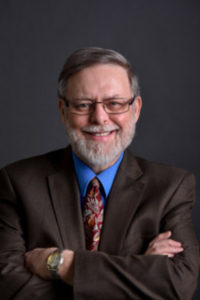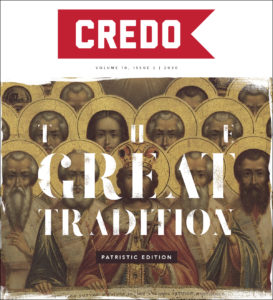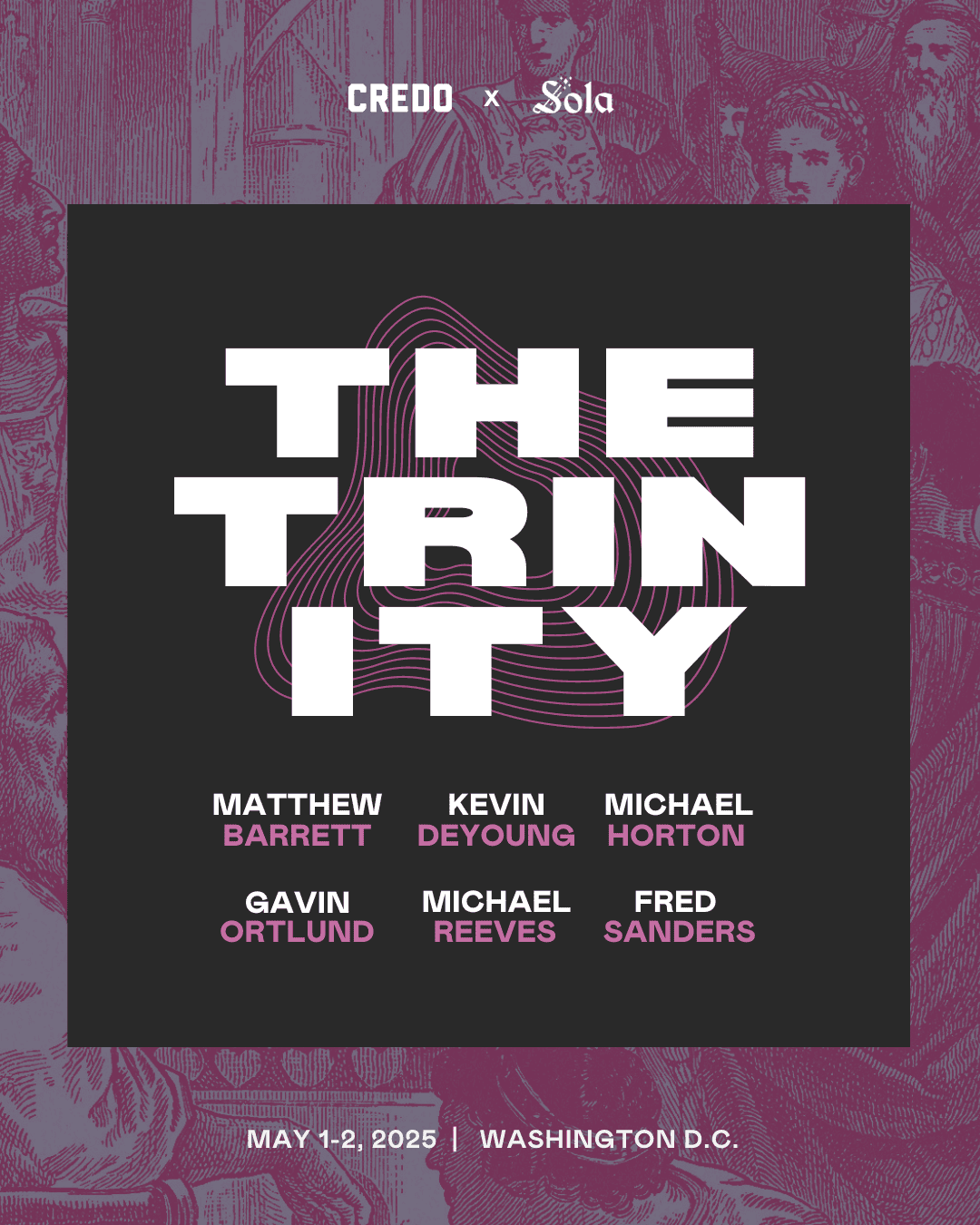The following theses are from Craig Carter’s forthcoming book, Contemplating God with the Great Tradition: Recovering Trinitarian Classical Theism (Baker Academic, 2021). These theses are a corrective to the relational theism so prevalent in Protestantism, and serve to help evangelicals today return to the biblical, classical, and Nicene doctrine of God.
Thesis #1: Christian theology consists of the doctrine of the church of Jesus Christ derived from Holy Scripture, not the opinions of mere human beings.
Thesis #2: Theology is the study of God and all things in relation to God.
Thesis #3: Theology can be divided into two parts: 1) that which is taught explicitly in Scripture and 2) that which may be deduced from what is taught explicitly in Scripture.
Thesis #4: Christian theology consists of exegesis, doctrines and metaphysical implications of doctrine, which form the context for further exegesis.
Thesis #5: God’s existence is evident to reason even though fallen human beings either deny God’s existence or refuse to be grateful to Him and worship Him because of sin (Rom. 1:20).
Thesis #6: God is the first cause of all that exists but is not Himself caused, since existence is part of his own essence (Ex. 3:14).
Thesis #7: God has aseity or independence of creation; while creation is dependent on God the reverse is not true.
Thesis #8: God is eternal, which means that He has neither beginning nor end as all creatures do.
Thesis #9: As the first cause of all that exists other than himself, God is immutable.
Thesis #10: As Pure Act, God is simple.
Thesis #11: God is transcendent, which means that He is not a being within the universe, but the Sovereign Lord of all that exists.
Thesis #12: The language we use for God is analogical rather than either univocal or equivocal.
Thesis #13: God is omnipotent, which means that He acts in such a way as to fulfill his perfect nature perfectly in all things.
Thesis #14: God is omnipresent in the sense that all things are present to him and in him all things hold together (Col. 1:17).
Thesis #15: God is omniscient, which means that He knows all things past, present and future, in one eternal act.
Thesis #16: God’s transcendence does not prevent him from acting in history so as to speak, judge and save.
Thesis #17: God is holy, just and wrathful, but God is also loving, merciful and gracious.
Thesis #18: The immutable first cause of all things, who speaks and acts, is a paradox not a contradiction; this is a mystery, which is what the major paradoxes of the faith are called.
Thesis #19: God is incomprehensible to the creature; while we can have true knowledge of God, we can never have comprehensive knowledge of God, which is to say we can know God without comprehending God.
Thesis #20: The God of the Bible is more than the God of the Philosophers but not less.
Thesis #21: The created order bears the imprint of the Divine Logos and humans are created in the image of God, which means that the human mind can apprehend the order and structure in the creation, which is the basis of natural theology, the natural moral law and scientific laws.
Thesis #22: The Transcendent Creator of the universe has revealed himself to Israel and climactically in Jesus Christ, which is the First Mystery of God.
Thesis #23: The Nicene doctrine of the Trinity expresses the unity of the Father, the Son and the Spirit; three persons (hypostases), one being (ousia), which is the Second Mystery of God.
Thesis #24: The second person of the Trinity, the Son, has assumed a human nature into a hypostatic union with himself in the Incarnation, which is the Third Mystery of God.
Thesis #25: The purpose of theology is neither to dissolve, nor to explain, the mysteries of the Faith; rather the purpose of theology is to define what the church believes, teaches and confesses about these mysteries in such a way as to enable contemplation and worship of God while avoiding heresy.


